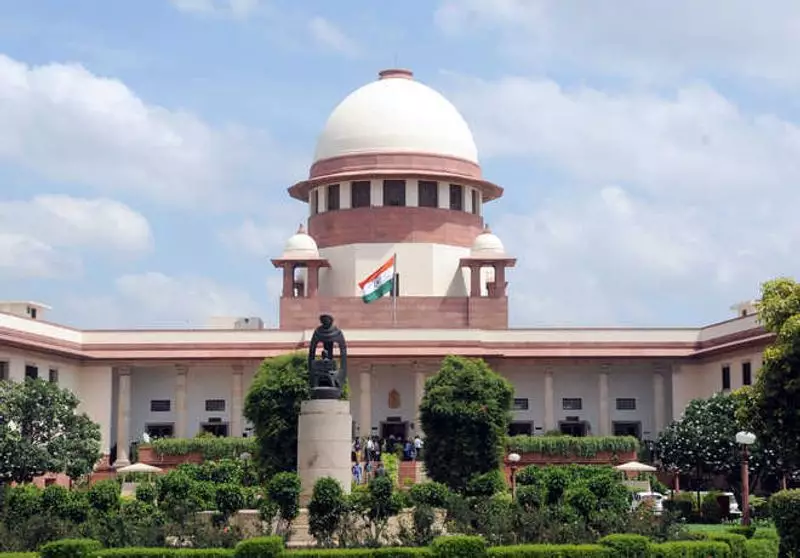
In a remarkable case that spanned over three decades, the Indian Supreme Court has delivered a mixed verdict for a former Wing Commander who was dismissed from the Indian Air Force over murder allegations.
The officer, who had been fighting to clear his name since 1994, has finally been acquitted of all charges and reinstated into service. However, his request for promotion to the rank of Air Marshal has been denied by the apex court.
A Legal Battle Spanning Generations
The case dates back to 1994 when the Wing Commander was accused of murdering a fellow officer's wife. Following a general court-martial, he was dismissed from service and sentenced to life imprisonment.
For nearly thirty years, the officer maintained his innocence and pursued legal remedies through various judicial forums. His persistence finally paid off when the Supreme Court examined the evidence and found inconsistencies in the prosecution's case.
Supreme Court's Landmark Ruling
The Supreme Court bench, while acquitting the officer, noted several procedural lapses and lack of concrete evidence in the original trial. The court emphasized the importance of fair trial procedures in military justice systems.
"The evidence presented does not meet the standard of proof required for a conviction of this magnitude," the court observed in its judgment.
Reinstatement Without Promotion
While the court ordered the officer's immediate reinstatement into the Indian Air Force, it declined his plea for promotion to the rank of Air Marshal. The bench reasoned that promotion cannot be granted retrospectively for periods when the officer was not in active service.
The court directed that the officer be granted all consequential benefits, including back wages and seniority, but stopped short of granting the promotional relief he had sought.
Implications for Military Justice
This case highlights the complexities of military justice systems and the lengthy legal battles service personnel can face. The judgment is being seen as significant precedent for similar cases within the Indian armed forces.
Legal experts suggest this ruling may prompt reforms in how the military justice system handles serious criminal allegations against serving officers.
The officer's reinstatement marks the end of a painful chapter, though the denied promotion serves as a reminder of the career opportunities lost during his three-decade-long legal ordeal.






